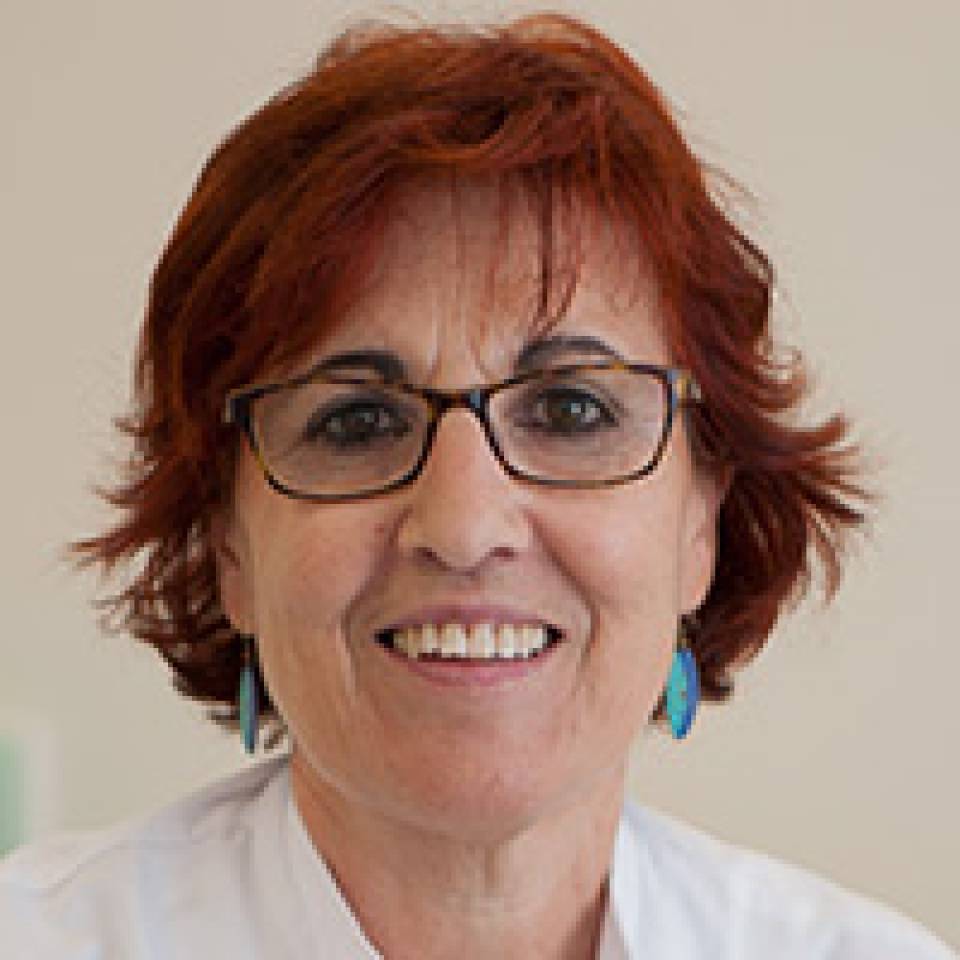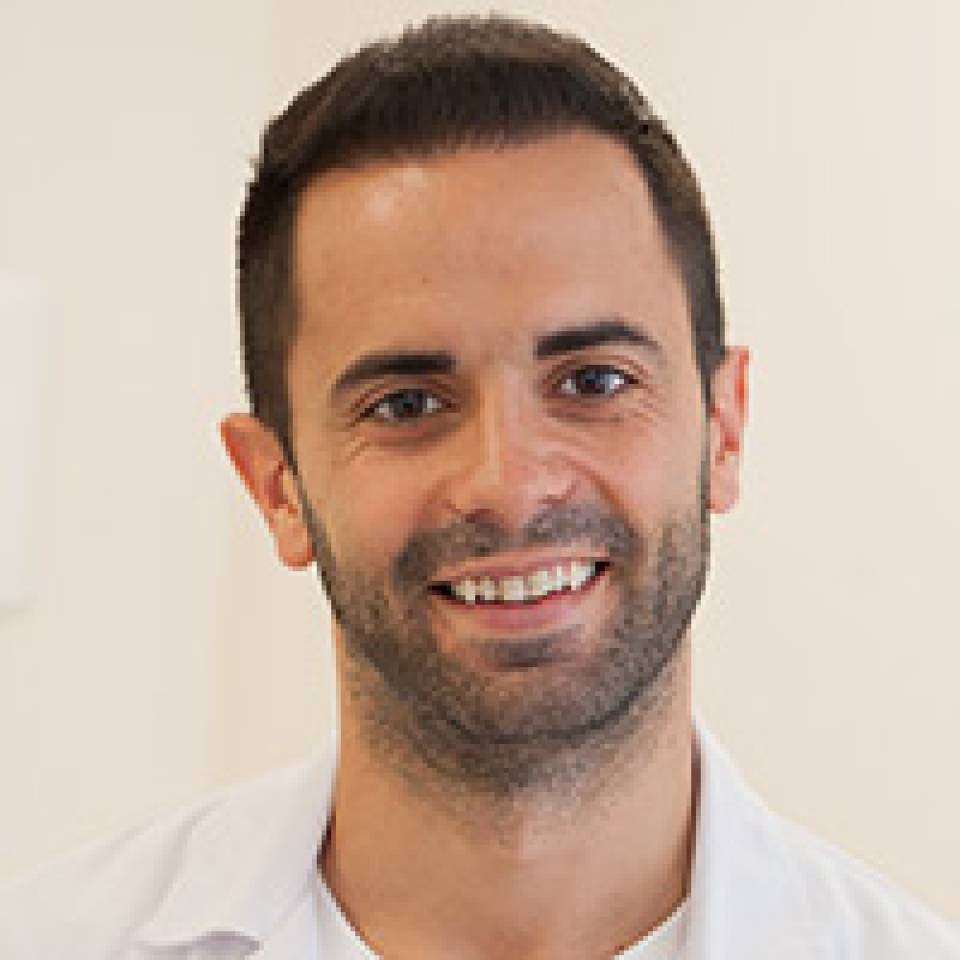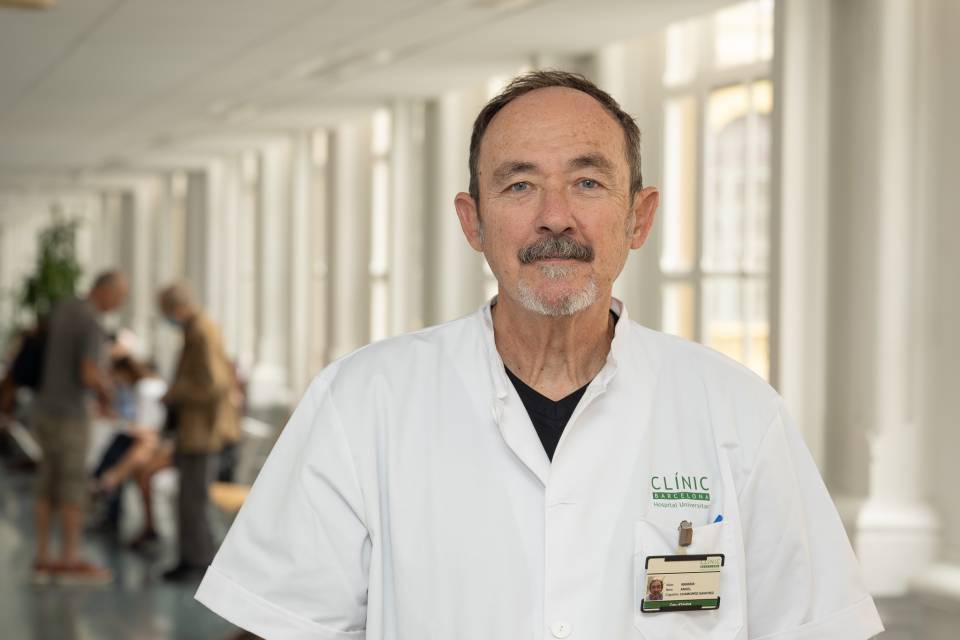Substantiated information by:
Antonia Fernández
Nurse
Neurology Department
Arturo Renú Jornet
Neurologist
Neurology Department
Xabier Urra Nuin
Neurologist
Neurology Department
Ángel Chamorro Sanchez
Head of the Cerebral Vascular Pathology Unit
Published: 20 February 2018
Updated: 24 July 2025
The donations that can be done through this webpage are exclusively for the benefit of Hospital Clínic of Barcelona through Fundació Clínic per a la Recerca Biomèdica and not for BBVA Foundation, entity that collaborates with the project of PortalClínic.
Subscribe
Receive the latest updates related to this content.
Thank you for subscribing!
If this is the first time you subscribe you will receive a confirmation email, check your inbox
An error occurred and we were unable to send your data, please try again later.






